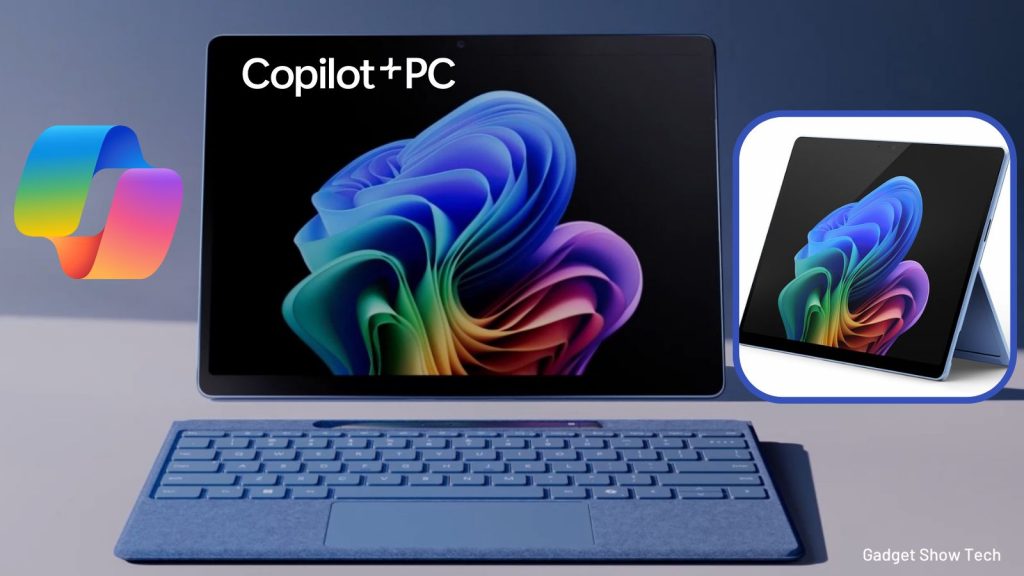Elon Musk’s Neuralink brain-chip has achieved a major milestone in its quest to create a brain-computer interface.
In a nine-minute live stream on X, Noland Arbaugh, who is paralyzed below the shoulders showcased his ability to control a computer cursor using just his thoughts, thanks to a Neuralink implant.
Arbaugh, who received the implant in January after a diving accident, was able to play chess online and even enjoyed a virtual adventure in the video game Civilization VI, all controlled by his mind. “I played for eight hours straight”, he said.
“The surgery was super easy,” he remarked during the presentation.
This breakthrough technology signifies a new era for individuals with neurological conditions. Neuralink’s chip, about the size of a coin, is implanted in the skull. Microscopic wires within the chip read brain activity and transmit those signals wirelessly, allowing users to interact with computers.
The company has shown promising trial results in pigs as well, with monkeys even playing a simple version of the video game Pong using their minds.
Neuralink was permitted to test the chip on humans by the Food and Drug Administration (FDA) in May 2023.
Neuralink is not alone in this endeavour. Research groups around the world are racing to refine brain-computer interface (BCI) technology. For instance, scientists at École Polytechnique Fédérale in Switzerland have enabled a paralyzed man to walk again by implanting electrodes in his brain and spine, essentially allowing him to control his legs with his thoughts.
BCI research is rapidly growing, fueled by the potential to improve lives and unlock entirely new avenues for human-computer interaction. With billions of neurons firing in our brains every time we move, think, or feel, these tiny electrical impulses hold the key to a future where our thoughts can directly influence the world around us.








